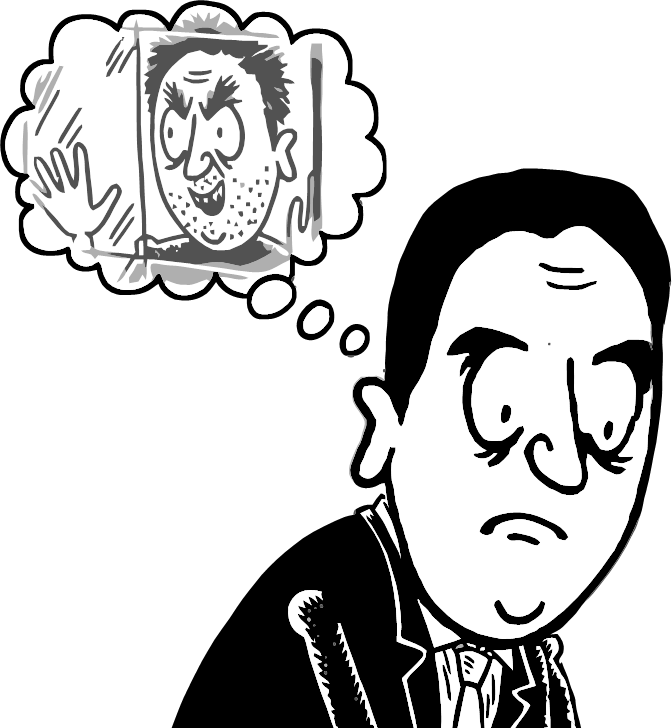So by now we probably all know about the concept of diegetic essentialism (tl;dr: treating a piece of media as if it were a whole and complete thing that exists in and of itself within itself when analyzing it, instead of only what the author actually shows), and we can see that it's both a real phenomenon that both fandoms and critics do a lot to the point that it's something that needs some level of criticism.
Now, as the essay itself says, diegetic essentialism is a part of how media is consumed and parsed, and I could describe it as a sort of object-permanence for fantasy where you have to assume and work with the fact that a story isn't and can't go over every bit of progression in detail and so you have to assume that things are happening in the background, the character is still there if the camera pans off them or they aren't mentioned by name for a paragraph or a page, etc. So its point is more that it should only be a part of the actual act of consuming media, and you shouldn't do that "remembering that stuff off screen is there and stuff is happening offscreen" thing when analyzing a work to try to divine exactly what "really" happened offscreen in the fictional story.
With the release of Starfield, it became apparent that this is an incomplete perspective. For anyone who is not familiar with that, Starfield presented a high-tech, "utopian" society of space-car-brained fascists of several flavors, none of whom know what a phone is, and where despite having functionally limitless resources everywhere you look 90% of the population are either unpersoned homeless people you're legally allowed to hunt for sport, or the footsoldiers of one petty warlord or another. The official, explicit author explanation of the setting is that it's cool and good, and that it's a hopeful and aspirational future. The horror is all whitewashed and toned down, and internal criticism of the nightmare dystopia it's created is extremely weak and soft.
Naturally, the fanboys do diegetic essentialism to imagine how it actually does work and is as nice as it claims to be, handwaving over all the fascism and slavery to unironically do the liberal thing that Vonnegut mocked in Player Piano about how even the poorest members of society have fancy consumer goods that make their lives better than those of kings (which in Starfield's case they're inventing from whole cloth, since there aren't fancy consumer goods and no one even has a phone). Now we could just say "this is vapid and horrible on its face" and leave it at that, but that makes for a weak criticism and forgoes a chance to pick apart the brainworms that went into its creation.
It is for that exact purpose that I synthesized Diegetic Materialism as the answer. Because sometimes one does have to engage in diegetic essentialism to analyze a work, but this should remain grounded in material analysis. That is, if one is treating a work as real inside itself one's focus should be on how its internal cause and effect flows, what the material underpinning of some facet of it is and has to be. Effectively applying worldbuilding and character building criticism to better understand both the author and the work itself - characters should have motivations and backgrounds, setting elements should have causes and histories, and in the absence of these what one can reasonable infer should make sense or at least not betray the author's brainworms.
For example, the UC in Starfield: it's literally just Heinlein's Starship Trooper fascists, uprooted and set down in a context where they make absolutely no fucking sense. It's a highly militarized, elitist society ruled by a military junta and massive corporations, which locks personhood and rights like "owning property" behind military or civil service (and in a step beyond even Heinlein, there isn't even voting for citizens, the state is simply a self-enclosed military and bureaucratic hierarchy). Despite this, there's neither a reason for any of it nor dissent, nor do they do any of the things that would be required to sustain that system. They're a clean, happy, cosmopolitan society that preaches tolerance and peace and has social welfare programs, while the non-citizen class either lives in rental units in peaceful slums out of sight and there's no need for brutal enforcement or peacekeeping, or they're outcasts you can legally hunt for sport and no one thinks there's anything weird about this.
It's nonsense, and it gets more nonsensical the more you look at it because there's no cause and effect: why are the happy, tolerant, very concerned about social welfare people locking personhood behind military service? Why is there no dissent to any of this? Where is the conflict between the corporations and social welfare programs? Where is all the violence and immiseration that this society would require to sustain its militant and corporate hierarchy? Its diegesis makes absolutely no material sense whatsoever. Hence why it was the inspiration for "diegetic materialism."
Tl;dr:
Thesis: being a dumb nerd who does diegetic essentialism to divine unwritten details about a work.
Antithesis: saying that's bad and you should stop.
Synthesis: employing diegetic essentialism as a tool to let you apply materialist analysis in criticism of a work.




 people and the
people and the  "lol lmao slop machine go brrrr"
"lol lmao slop machine go brrrr"  trolls.
trolls.
Wasn't it more/also they were worried about ongoing advertising deals? Like it wasn't even necessarily the review staff themselves being in on it so much as the execs leaning on them to not threaten the revenue stream.